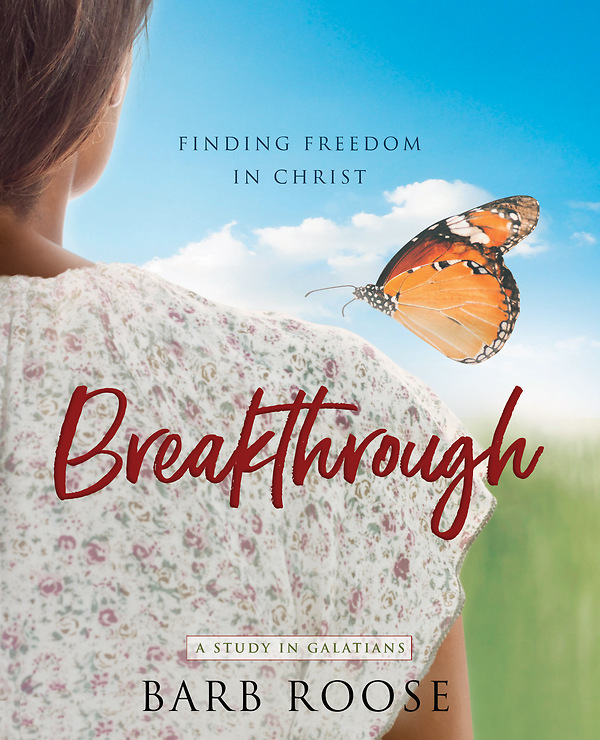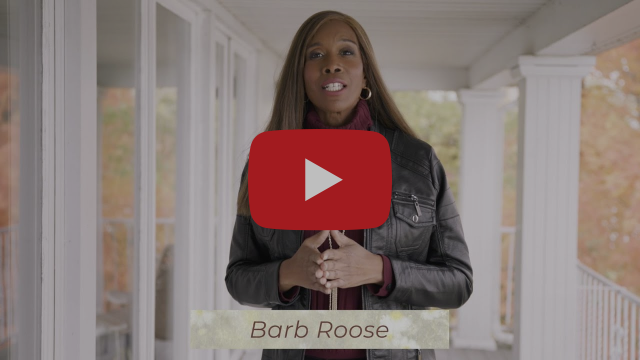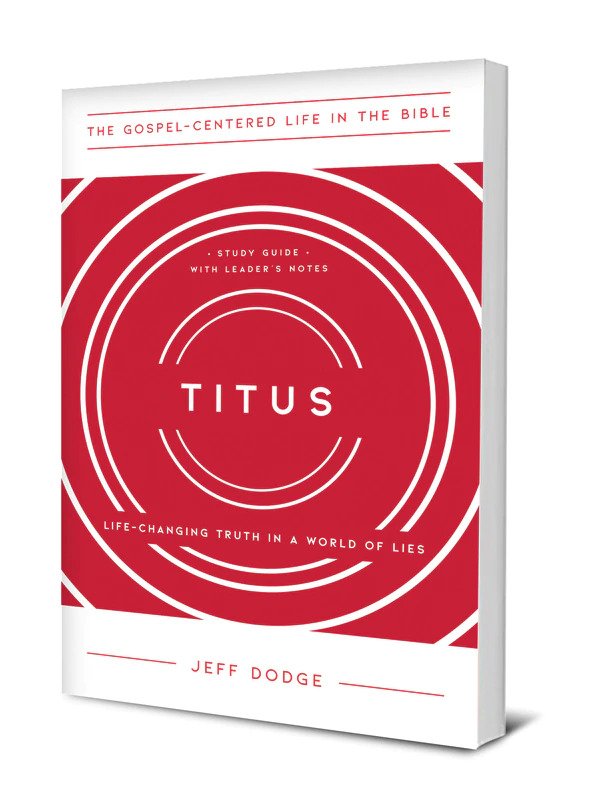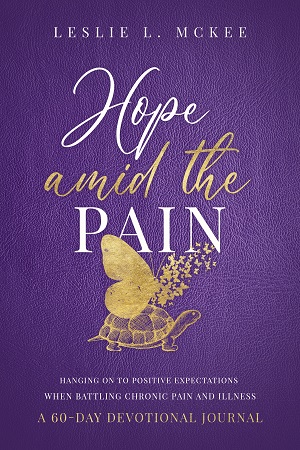Barbara Roose: Breakthrough, Part 1
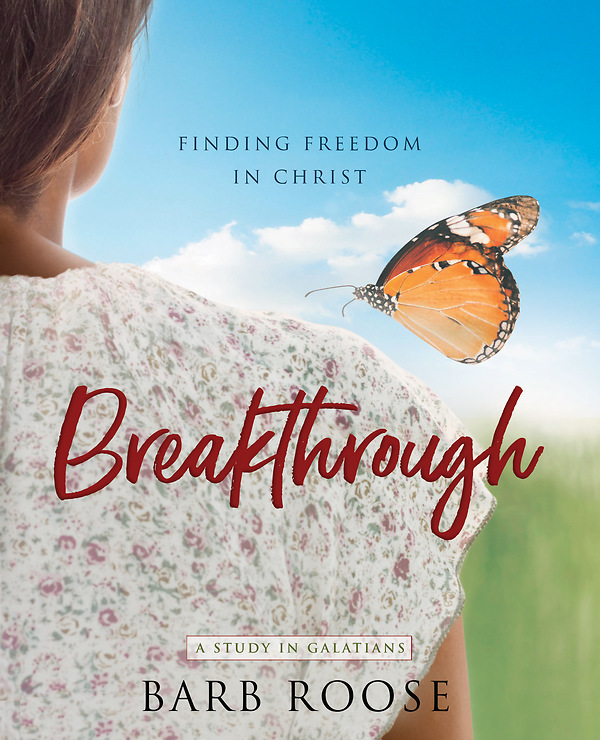 Part 1 of an Interview Part 1 of an Interviewwith Barb Roose, Author of Breakthrough For some, Christianity is a long list of rules to be followed, and it’s hard to be a “good Christian” because it always seems you’re breaking one of those rules. In Breakthrough: Finding Freedom in Christ (Abingdon Women), popular women’s conference speaker and author Barb Roose wants to help readers let go of the feeling they are not a “good enough” Christian and find freedom in Christ by studying Paul’s letter to the Galatians. |
| In this six-week study, Roose shows women that even the believers in the early church struggled to let go of rule-keeping and performance in order to embrace God’s free gift of grace. In his letter to the Galatians, Paul pours out his heart and faith to set them straight, addressing so many of the same questions and problems we still face today such as: Who has led you to believe you have to follow rules and “measure up”? Why do you think you have to be perfect for God? Does God only show up or love you when you “get it right”? Q: You wrote the Breakthrough Bible study to celebrate God’s amazing grace and unconditional love, especially for Christians who are afraid that they have disappointed God or feel like they have to earn God’s favor or blessing. Did you struggle with this? Oh yes! I grew up in a religious tradition of lovely people, but there were a lot of rules! While I heard about the gospel at an early age, I remember hearing more “dos” and “don’ts” from Christians around me than God’s love for me. As a result of their influence and my own thinking, I spent decades judging myself as a Christian by how well I followed the “good” Christian rules such as never miss church, read the Bible every day, and others. Of course, there were seasons of life when I did miss church, I didn’t read the Bible, and I made mistakes. During those times in life, I feared that God was disappointed in me and I felt like a terrible Christian. Years ago, I shifted my mindset. Instead of focusing on my performance, I decided to ruthlessly believe God’s promises about me and watch out for how He was working in my life. As I noticed where God was working in my life, I stopped feeling the pressure to earn His blessing and favor because I could already see Him giving them to me. Q: We hear a lot about having freedom in Christ, but what does that actually mean for a Christian? In the Breakthrough study, I define “freedom in Christ” as living free from fear and fully alive in God’s joy and purpose. One of the most tangible examples for me is Jesus’ encounter with the immoral woman in Luke 7. While we don’t know where she came from or what she went through, we know that she cried enough tears at Jesus’ feet that she needed to use her hair to wipe them away. I can relate to that woman’s anguish at certain times in my life. I love Jesus’ words to her, “Your faith has saved you; go in peace.” She didn’t say any or to do anything to earn Jesus’ forgiveness. He gives her peace just because she came humbly to his feet and Jesus set her free. This is a powerful lesson for us, especially when we’ve got big regrets or the whispers from the pit of hell try to remind us of our mistakes. Jesus died to bring us freedom and we don’t have to earn it, only receive it and live in it. Q: Breakthrough is a study of the book of Galatians. Why do scholars consider Galatians to be one of the most significant books in the New Testament? Scholars consider Galatians one of the most significant books in the New Testament because it establishes the importance of the gospel of grace over the law. As the Apostle Paul writes to the Galatians, he presents the gospel as well as explains the relationship between God’s covenant with Abraham, Jesus as the New Covenant and why the law was needed in between. Much like it is now, the gospel was under attack in the Galatian church by those who taught that salvation by grace wasn’t enough. Paul calls this a “twisting truth” that fools people now like it did then. If we don’t get clear on the gospel, then we will miss out on the freedom that Jesus died to bring us because we’ll be too busy trying to make ourselves right with God—and that isn’t the gospel at all. Q: Oftentimes we are hesitant to start the hard conversations about diversity at the risk of offending someone or making a situation worse. What are some ways we can start (and continue) discussions with the correct heart? As part of Paul’s dialogue with the Galatian church, he emphasized that Christ came to break down the divisions between believers, but that doesn’t mean that God intends for us to ignore our differences. God intentionally created humans with differences in color and culture. In Galatians 5:13, Paul writes that we should use our freedom to serve one another in love. The best way that we can love people who look differently than us is to love them through listening, especially when we don’t know them. Listening begins with inviting people who look differently than us to share their life stories. I like questions like, “Would you tell me about your life?” or “How did your family celebrate special holidays?” or “What’s been hard for you lately?” When we’re willing to listen to others, it’s a demonstration of humility that we care and respect the other person and their story. Q: How does taking a shutdown day or practicing walking and talking help us achieve our breakthrough? When we purposefully stop trying to do and give ourselves an entire day without a “to-do” list, our hearts and minds are freed to hear from God. Taking a walk and praying while we’re walking focuses our hearts, minds and souls on God. Time and time again, I’ve experienced God’s presence, peace and often, divine revelation when I quiet my heart, mind and body. Q: How do justification and sanctification fit in with your “finding freedom” theme? Both sanctification and justification are a result of God’s activity in us. Justification is God’s “not guilty” declaration on us because we are redeemed through Jesus’ sacrifice for us. Sanctification is a combination of our willingness and God’s power to make us more like Christ. As we say “yes” to where God wants to transform us, He does the work in changing and transforming our thoughts so that we reflect Christ’s love, joy, peace and more. Q: How can we be more supportive rather than judgmental Christians, especially with a friend that has fallen into sin? This is such an important question! I’ve heard from so many hurting Christians who’ve walked away from the church because they made a mistake and Christians were quick to criticize. We all make mistakes. All have sinned. Paul taught us that our role as believers is to gentle and humbly help those who’ve fallen. We’re not to add to someone’s guilt by telling them how badly they messed up and we’re gossip about them because Paul also taught in Galatians 6 that we’re all prone to faltering. So, we gently and humbly help people when we follow in Jesus’ footsteps like he did with Zacchaeus the tax collector or the adulterous woman. First, we go to them, not avoid them. Then, we don’t shame them, but rather listen to their story. Finally, we affirm God’s truth and pray with them. We don’t have to save them or force them back on the right path again, that’s God’s job, but not ours. Q: It seems like since the pandemic began last year that people in general have become more and more argumentative and staunch in their opinions over everything, even related to how the local church handles certain situations. What does Galatians teach us about agreeing (or disagreeing) together? Unfortunately, churches have a reputation for what they are against more than what they are for. In his letter to the Galatians, Paul reminded the people that God sent Jesus to die for all. Paul teaches the principles of the gospel over and over again in Galatians because he knew how quickly people could get swayed by someone else’s agenda. I have a dangerous theory: I believe that the gospel transcends and can transform even our greatest struggles as Christians and humans. The gospel addresses racism, sexism, poverty, family dysfunction and so much more. However, just as the Galatian believers began to listen to Judiazers with a false gospel agenda, as a Church, our ears have been bent by other agendas as well. Some of those agendas are very good things, but they aren’t the gospel. Breakthrough: Finding Freedom in Christ by Barb Roose Available April 6, 2021 from Abingdon Women Participant Workbook — Paperback ISBN: 9781791014223 / $16.99 — eBook ISBN: 9781791014230 / $16.99 Leader Guide — Paperback ISBN: 9781791014247 / $14.99 — eBook ISBN: 9781791014254 / $14.99 DVD ISBN: 9781791014261 / $49.99 |
| About the author |
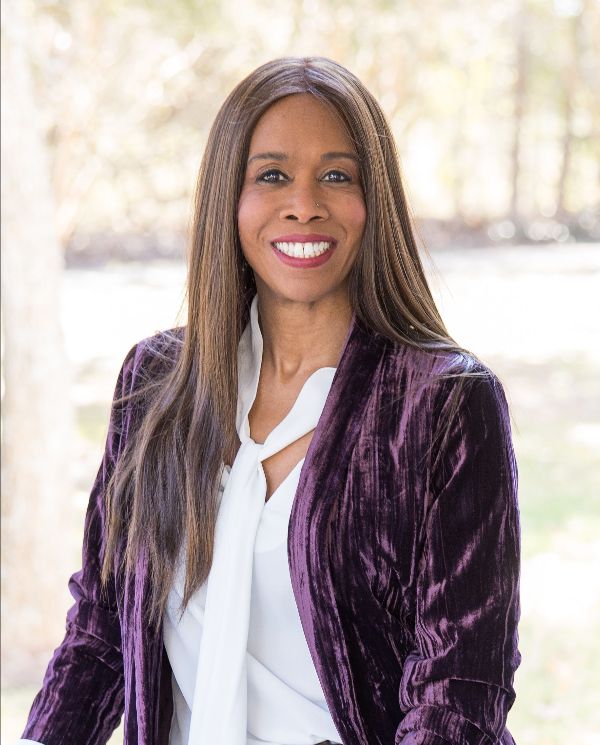 Barb Roose is a popular speaker and author who is passionate about teaching women to live beautifully strong and courageous in spite of their fears so that they can experience God’s great adventure of faith and purpose for their lives. Barb Roose is a popular speaker and author who is passionate about teaching women to live beautifully strong and courageous in spite of their fears so that they can experience God’s great adventure of faith and purpose for their lives.Roose enjoys teaching and encouraging women at conferences and events across the country, as well as internationally, including national platforms such as the Aspire Women’s Events, She Speaks Conference, and many more. She is the author of three books, Surrendered Devotional, Winning the Worry Battle, and Enough Already, and five Bible studies, Breakthrough, Surrendered, I’m Waiting, God, Joshua, and Beautiful Already. Her writing has been featured in many magazines, and she also writes a regular blog at BarbRoose.com. She hosts the “Better Together” Facebook Live events and podcast. Roose lives in Toledo, Ohio, and is the proud mom of three adult daughters. Her perfect day includes sleeping in, taking a long walk outside, shopping for shoes and eating two big bowls of chocolate peanut ice cream. Visit Barb Roose’s online home at barbroose.com. Readers can also keep up with her on Facebook (BarbaraRoose), Twitter (barbroose), and Instagram (barbroose). |




